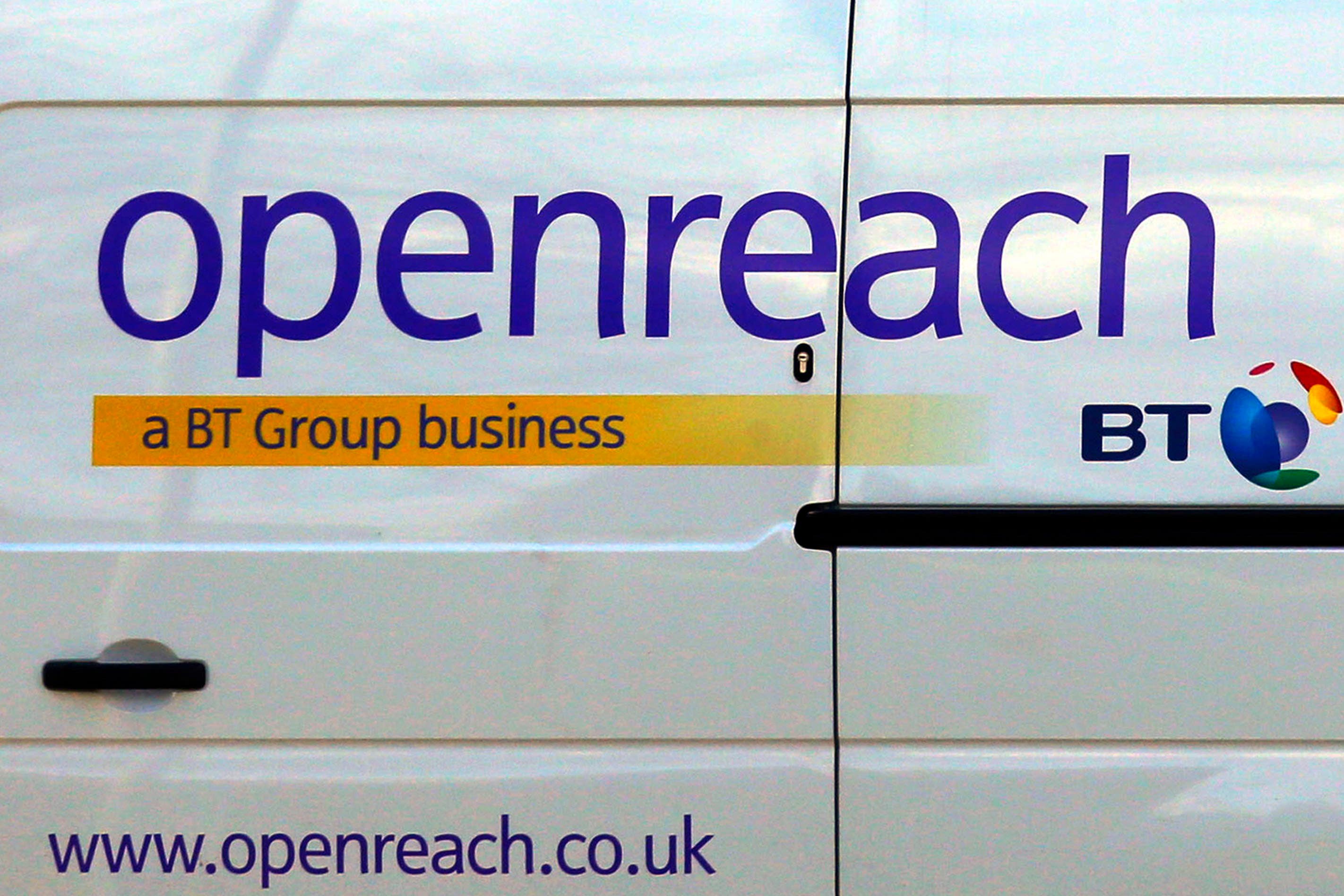BT network arm aims for broadband boost by doubling unbundled lines

BT's network division is expecting growth in the number of unbundled telephone lines to double this year, taking the total lines towards 3 million, as demand for broadband services fuels new investment in the UK's telecoms infrastructure.
Openreach will celebrate its first anniversary tomorrow when it will look back on a year of frantic activity in the UK telecoms sector.
A year ago the division was operationally separated from BT's other divisions to ensure that the telecoms company's competitors had fair and equal access to its network.
The creation of Openreach triggered significant investment in residential telecoms infrastructure as competition at the local loop level picked up. Local loop unbundling, or LLU, is the process whereby BT's competitors install equipment directly into BT's exchanges to offer differentiated services to businesses and residential customers.
Companies including Sky, Orange, Tiscali and Carphone Warehouse have all invested heavily in LLU to grab a slice of the burgeoning broadband market in the UK. As a result of the increased competition over the past year the price of broadband has come down significantly while the number of subscribers has surged through the 10 million figure.
Steve Robertson, the head of Openreach, said: "If you take a snapshot of the industry 12 months ago and a snapshot today, the definition of telecoms has almost irrevocably changed. I think Openreach has played an important part in that."
The number of new LLU lines surged by 200,000 in December, taking the total number to 1.3 million. Openreach is connecting about 30,000 LLU lines a week but expects demand to grow as Carphone Warehouse moves AOL customers on to its LLU network.
Mr Robertson added that the number of wholesale line rental, or WLR, customers - where service providers like Carphone Warehouse take responsibility for a customer's line rental payment - has leapt 65 per cent since the start of the year. Goldman Sachs said in a research note that it expects 3 million LLU lines by March 2008. That equates to more than 10 per cent of the overall market, a figure Mr Robertson said sounded "sensible".
Andrew Heaney, a competition policy director at Ofcom, said the operational separation of Openreach was the biggest reorganisation that BT hadgone through. The division has assets of £11bn and annual revenue of £5bn. It employs 25,000 engineers who make 11,000 customer visits a day and it carries 300 million telephone calls a day.
Mr Heaney said the reduction in prices for consumers and the vibrant competition in the UK broadband and telecoms sector on the back of Openreach's creation was "the biggest success story in the telecoms sector in three to five years".
Mr Robertson, who previously worked at the pan-European network Colt Telecom, said the pressure to perform within Openreach was more substantial than in his previous roles.
"If Openreach screws up it affects the whole industry," he said.
Mike Cansfield, a research director at Ovum, said one of Openreach's biggest achievements had been to build less adversarial relationships with BT's rivals that had "put an end to 20 years of bickering in the UK telecoms sector".
However, the separation of Openreach from BT's other divisions had not been a smooth transition as the company struggled to cope with demand for LLU migration.
The Office of the Telecoms Adjudicator, or OTA, has warned Openreach that its service to competitors needs to improve while John Pluthero, the head of Cable & Wireless UK, lambasted the division for "systematically failing to deliver the right levels of service".
Mr Robertson said Openreach had "dug in and turned things around after really tough summer" when the division struggled to cope with unprecedented numbers of LLU orders. The OTA said Openreach's performance had improved but that the service remained a concern.
Mr Robertson agreed that service levels will have to improve further as the rapidly changing market will present significant challenges for the network.
Openreach is still in its "build phase" a year after its transition according to Mr Heaney, and still needs to improve the quality and stability of its systems. Mr Robertson said he was confident that Openreach would rise to the challenges it faced.
However, Mr Robertson dismissed analyst speculation that BT should look to hive off Openreach and focus on its retail activities.
Join our commenting forum
Join thought-provoking conversations, follow other Independent readers and see their replies
Comments